As the digital landscape evolves, website builders have become an essential part of the web development process, allowing users to create websites with ease and efficiency. Two popular contenders in this realm are Elementor and Divi Builder. In this blog, we will assess the strengths and weaknesses of both builders, highlighting which one is better poised for success in 2024.
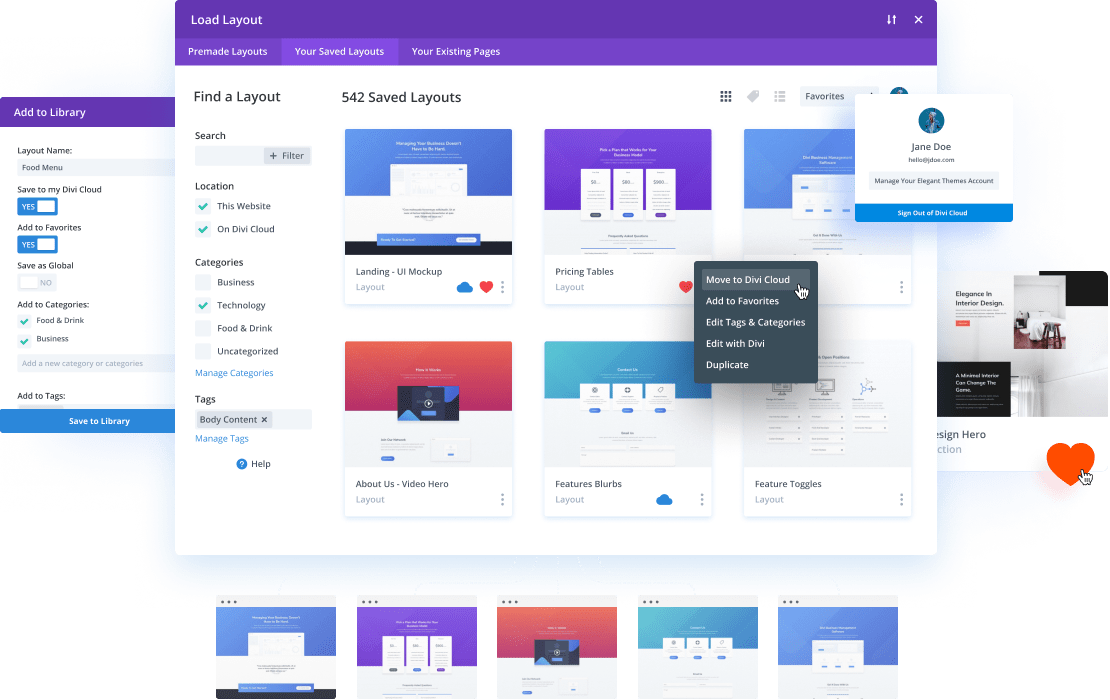
Divi Builder takes a similar approach with regards to usability. It presents an easy-to-use interface equipped with a range of helpful design elements, making it accessible even to novices.
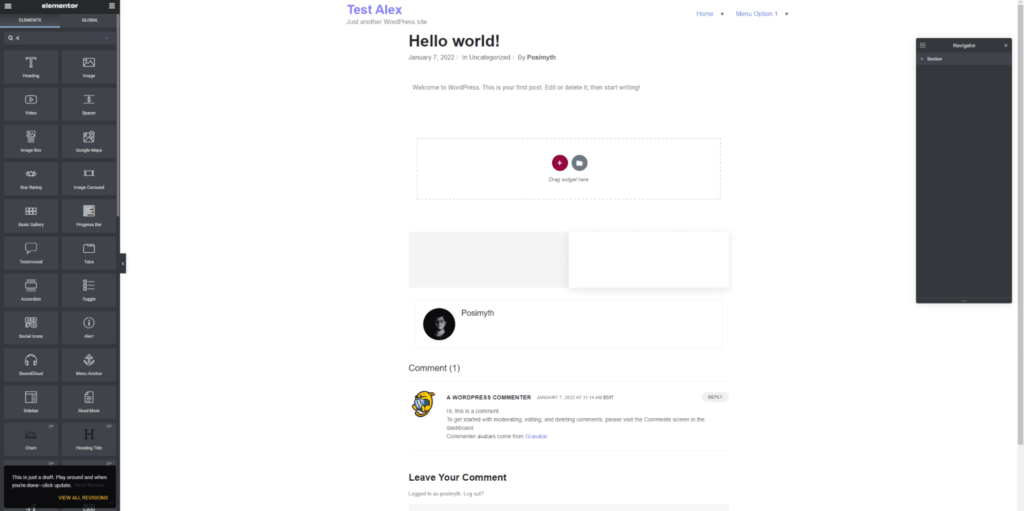
Elementor boasts an intuitive and user-friendly interface, providing a smooth experience for both beginners and experienced developers. Its drag-and-drop functionality allows for effortless design customization.
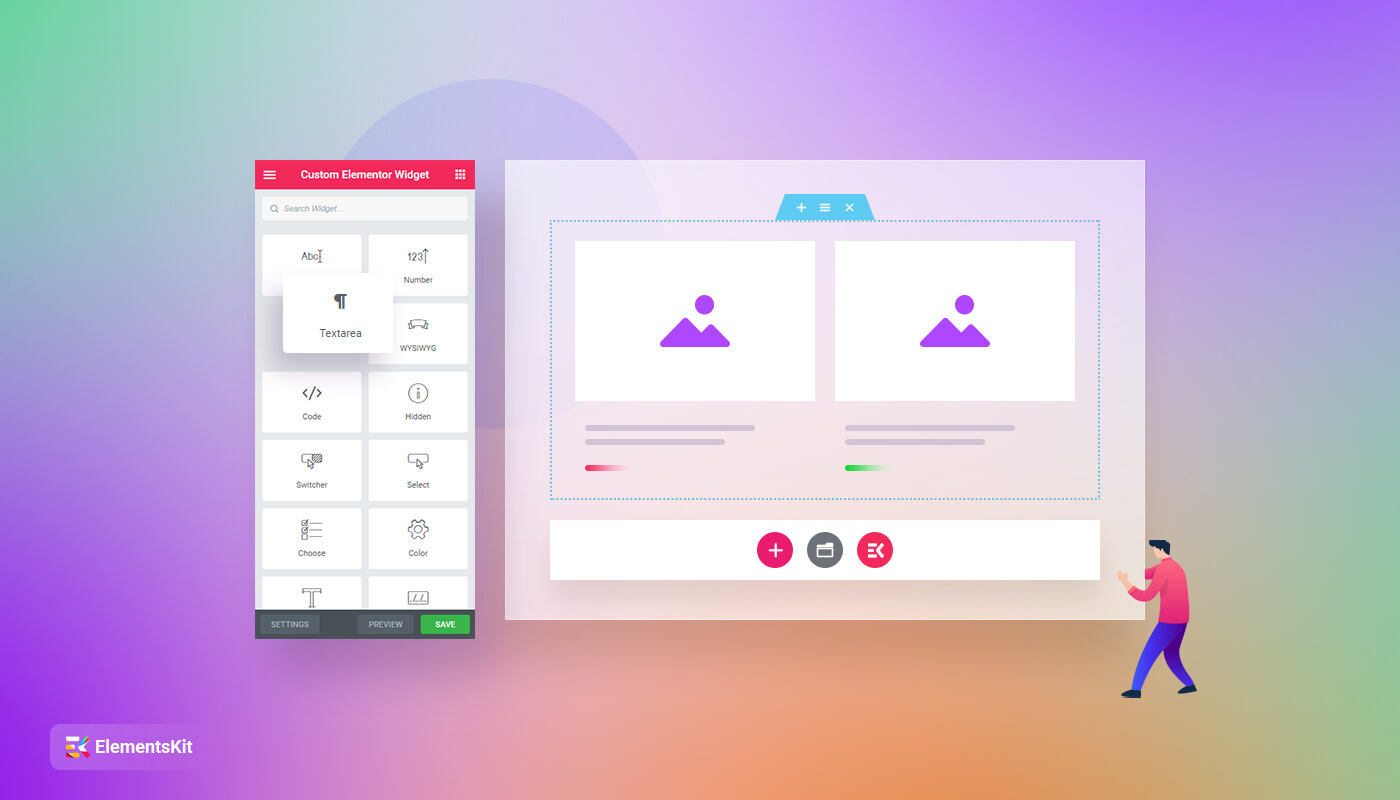
With a vast array of pre-designed templates and a plethora of customizable options, Elementor excels in design flexibility. It offers extensive control over elements such as fonts, colors, and layouts, enabling users to create visually stunning websites.
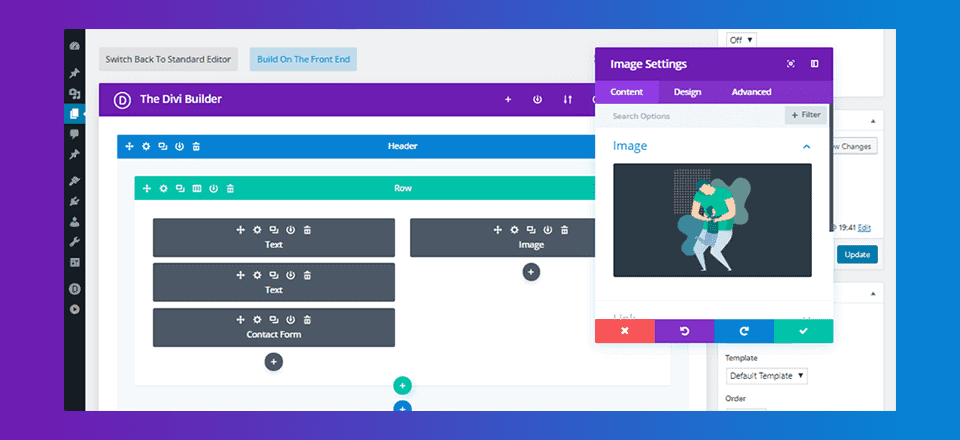
Divi Builder also delivers on the customization front. With an impressive selection of ready-made templates and numerous customization options, it enables users to create aesthetically pleasing designs tailored to their specific needs.
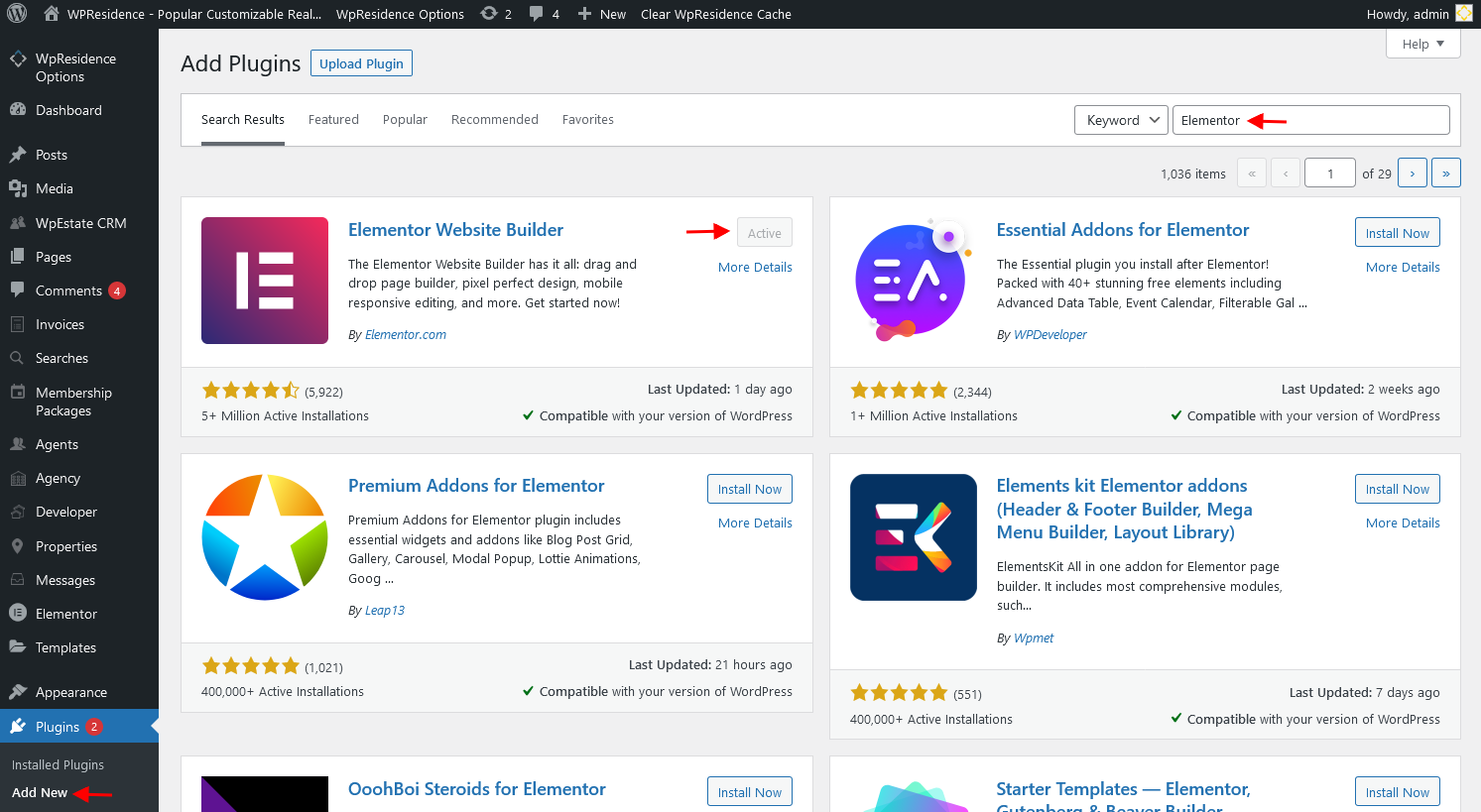
Elementor is known for its excellent compatibility with various plugins and themes, ensuring seamless integration into existing websites or compatibility with future additions. This vast compatibility provides users with the freedom to extend functionalities and design options.
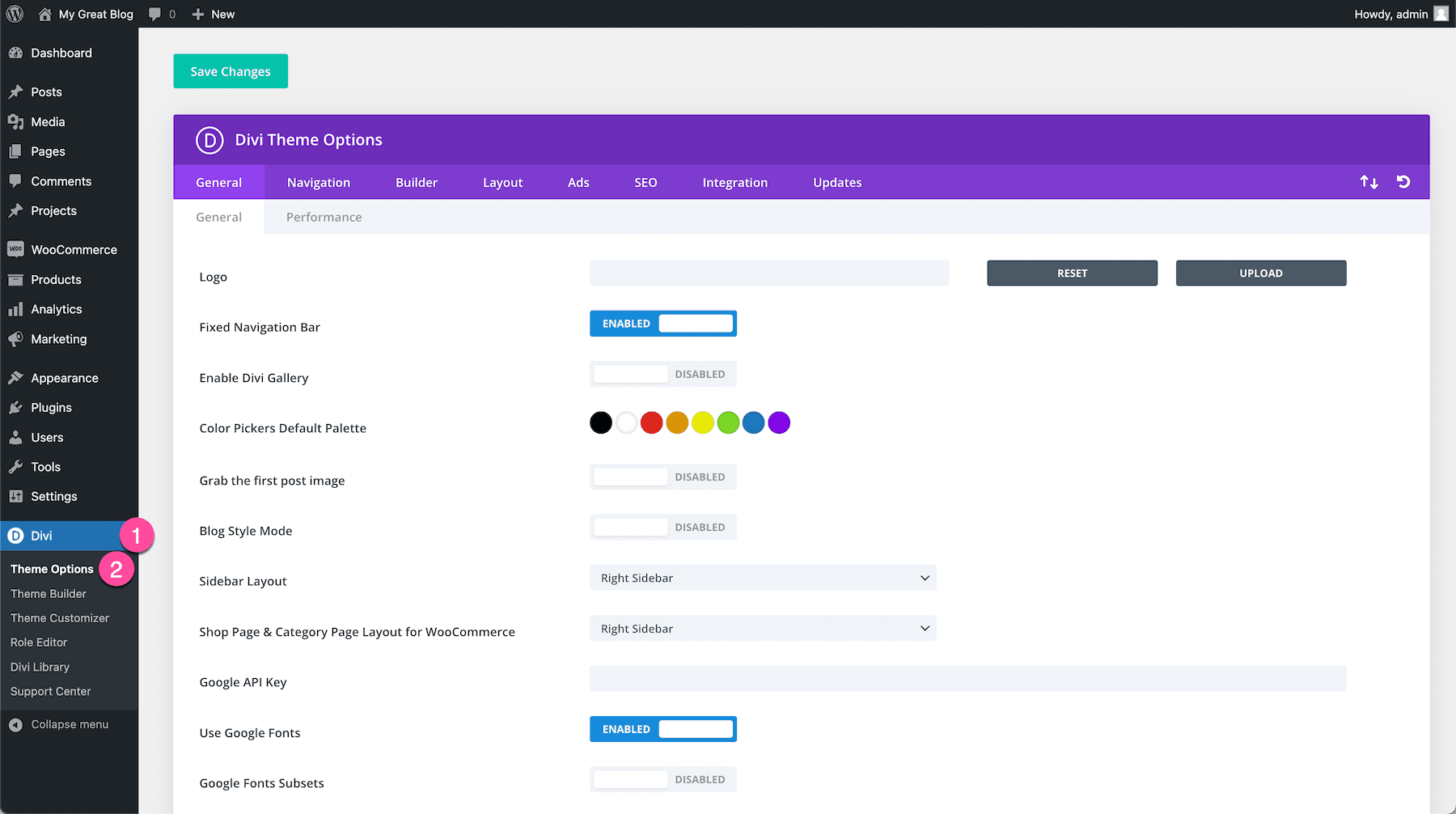
Similarly, Divi Builder is designed to work harmoniously with a wide range of plugins and themes. Its compatibility ensures that users do not face limitations when adding new features or making changes to their websites.
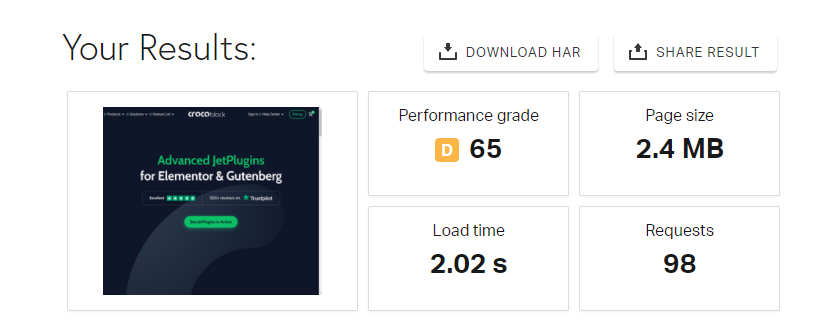
Elementor has made significant strides in optimizing its codebase, resulting in faster loading times and improved performance. This commitment to efficiency ensures that websites built with Elementor load quickly, contributing to superior user experience.
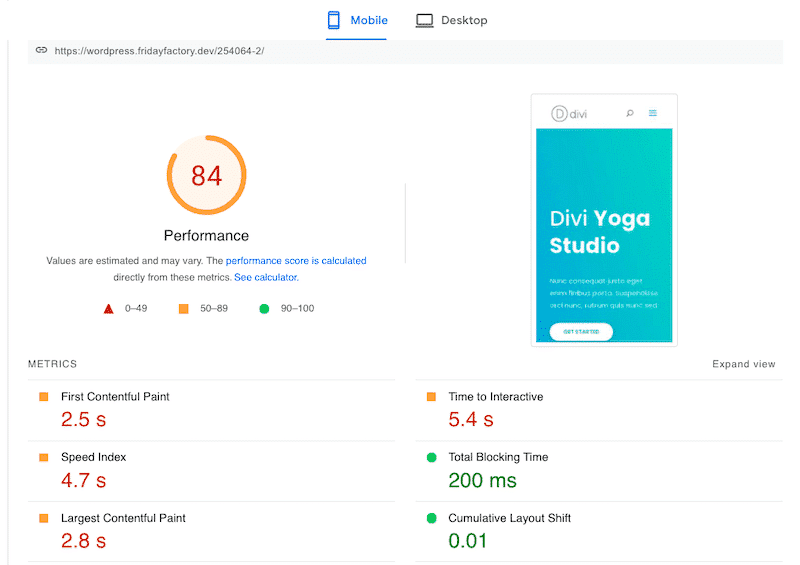
Divi Builder also emphasizes performance optimization, aiming to ensure swift loading times. Its well-structured framework allows for efficient rendering of websites, creating a smooth browsing experience.
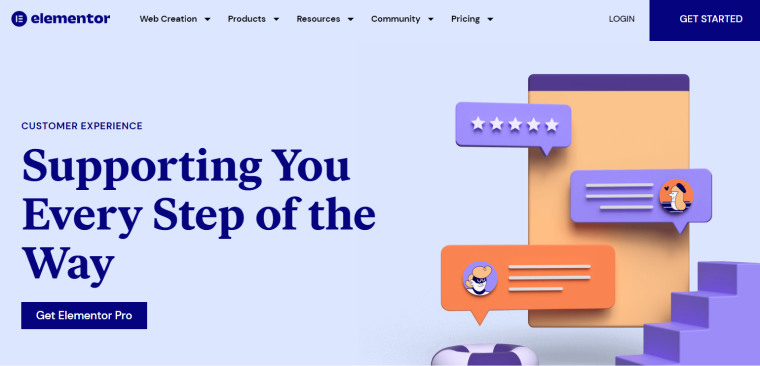
Elementor has a dedicated and active community that extends support to its user base. With extensive documentation, forums, and tutorials, users can readily find assistance when encountering any challenges.
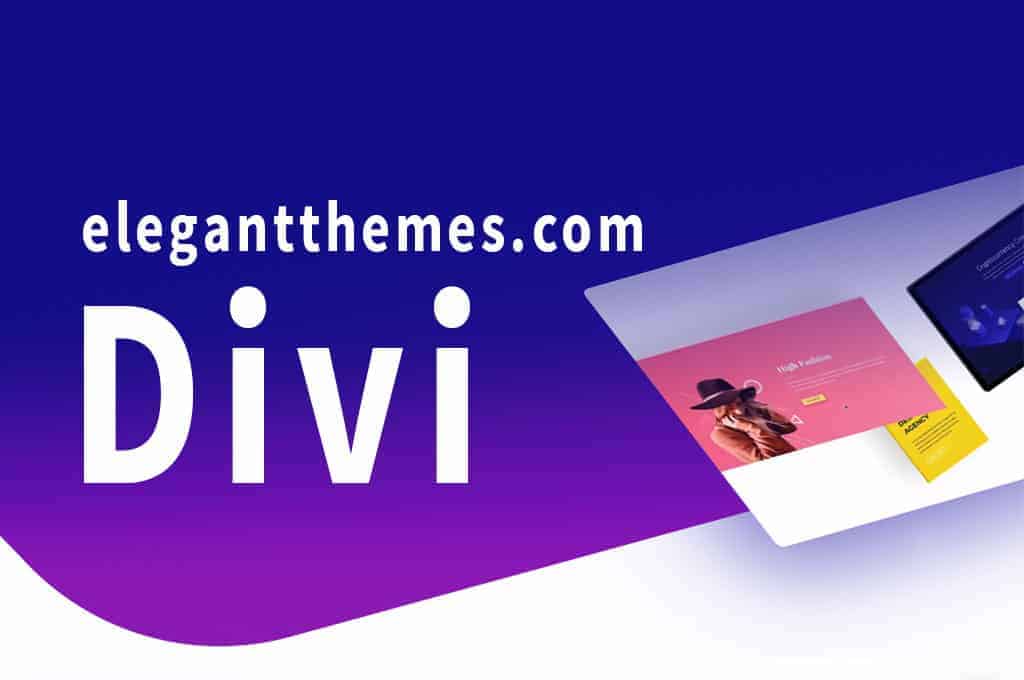
Divi Builder also offers a robust support system, featuring an active user community, regular updates, and extensive documentation. This ensures users have access to resources necessary for troubleshooting and expanding their knowledge.
Both Elementor and Divi Builder have established themselves as reputable website builders, continuously refining their features and offerings. In 2024, while both platforms are likely to continue flourishing, Elementor's intuitive interface, versatility, and enhanced performance optimization provide it with a slight edge. However, individual preferences and project requirements remain significant determinants when selecting the better builder for specific web development needs. Ultimately, thorough evaluation and testing will empower users to make an informed decision based on their unique circumstances.